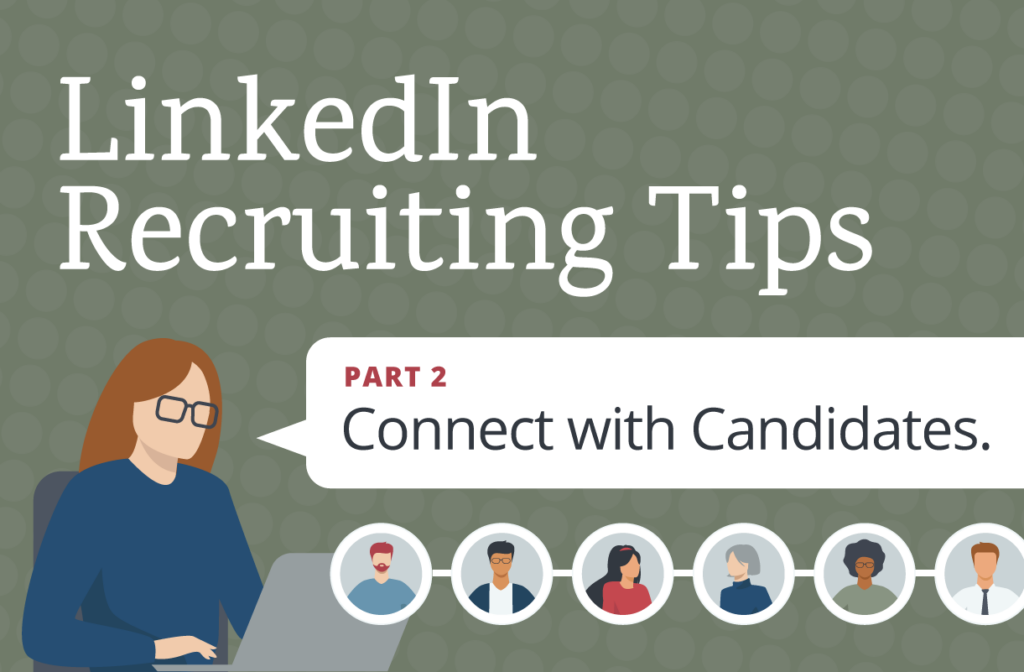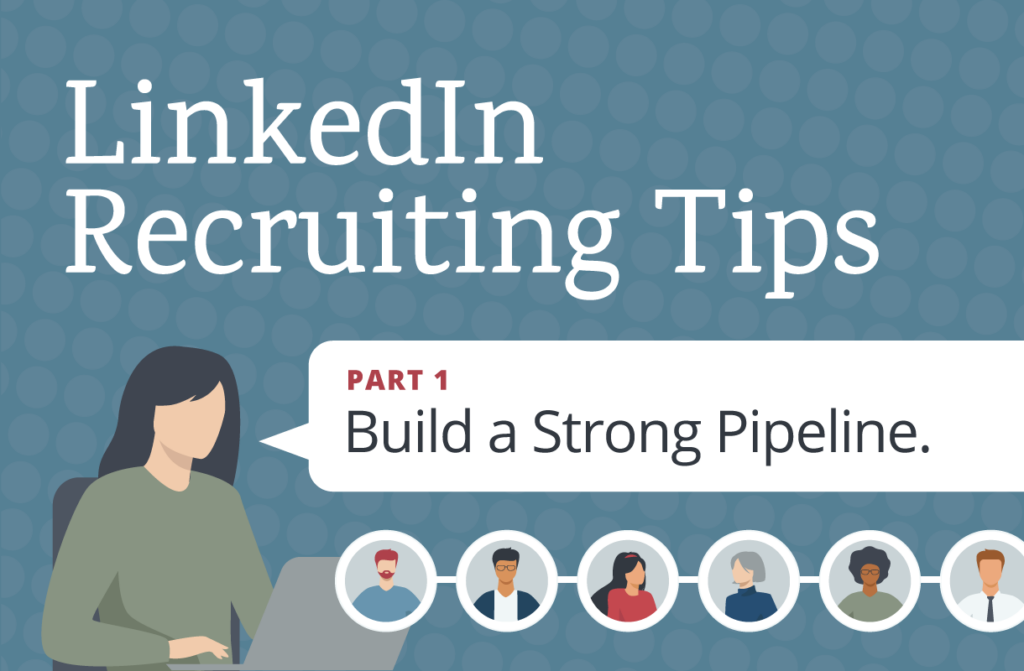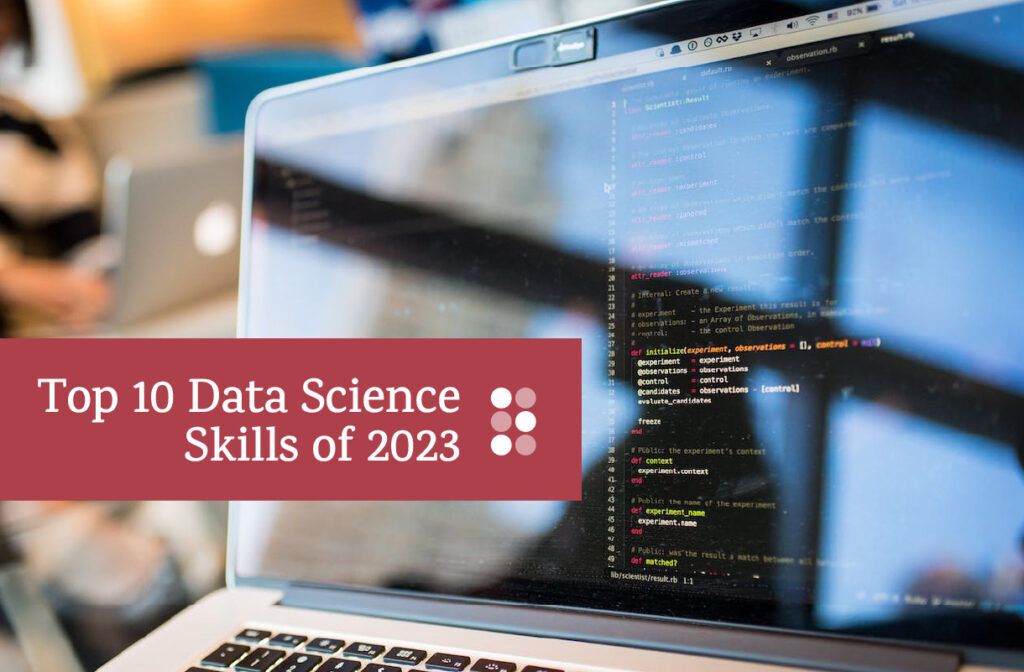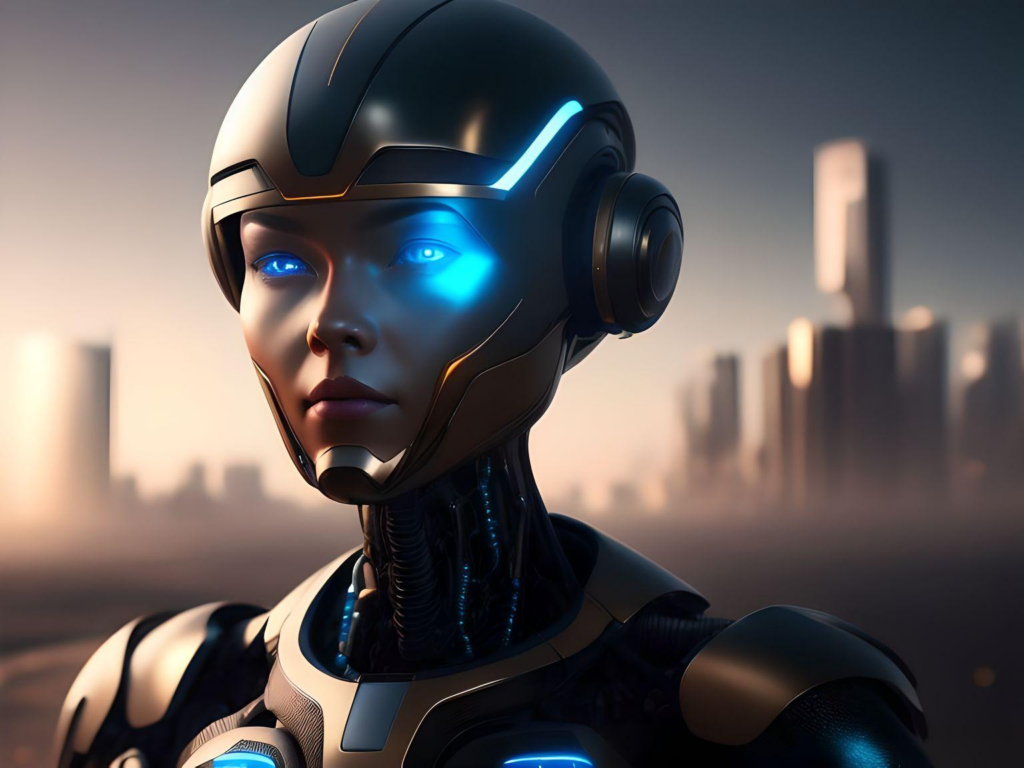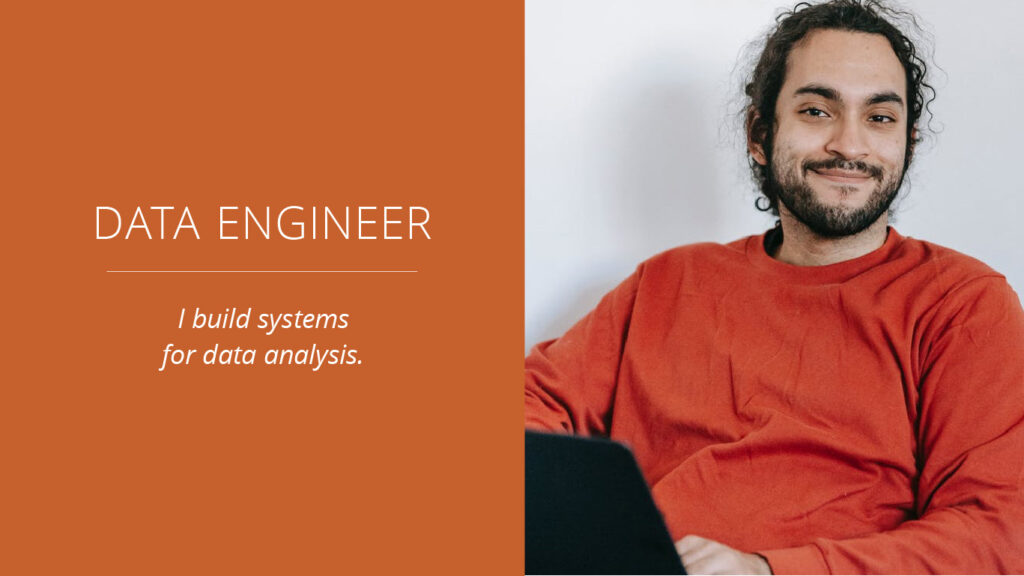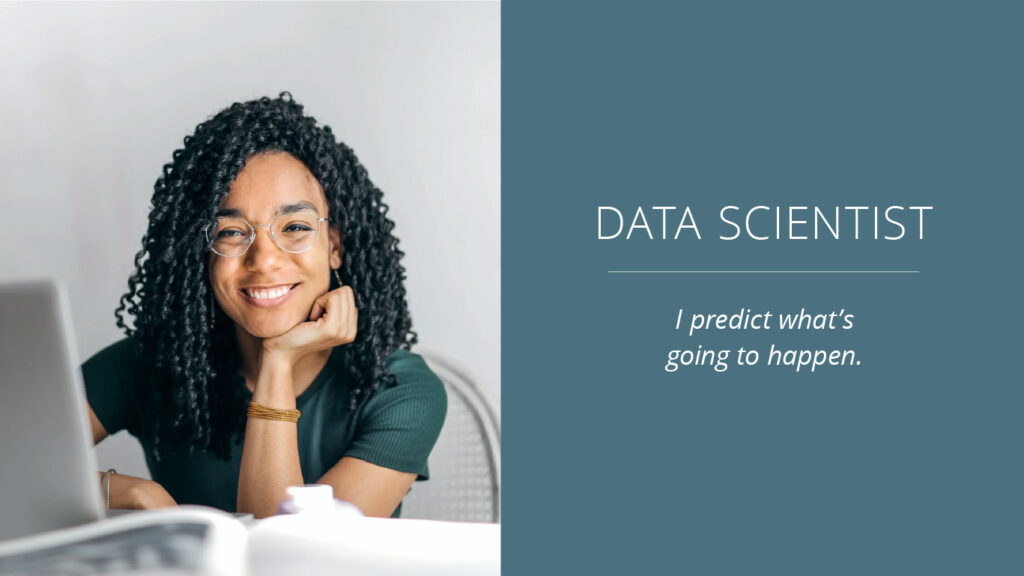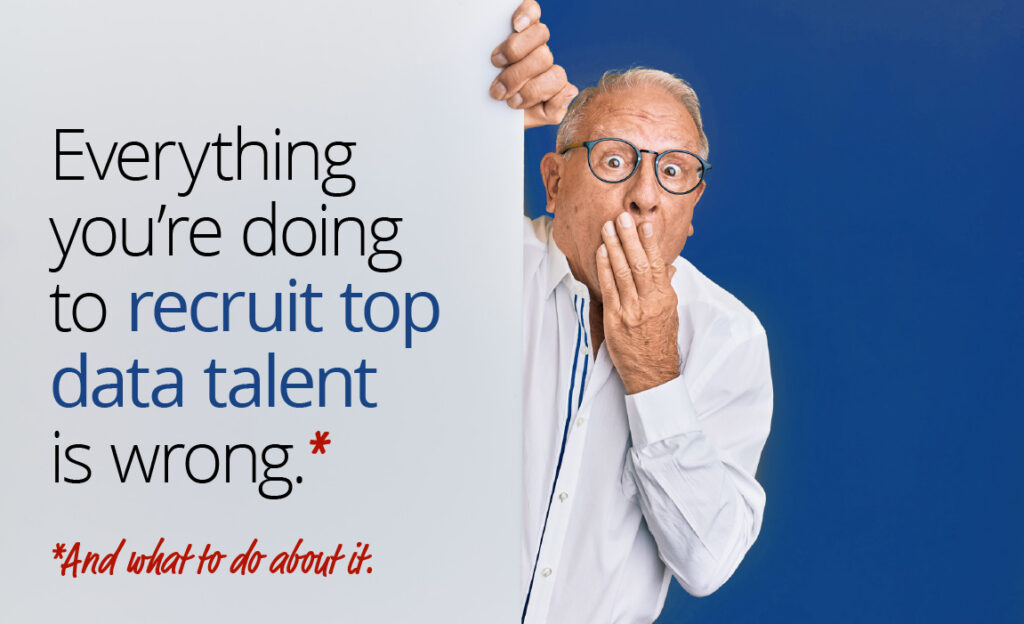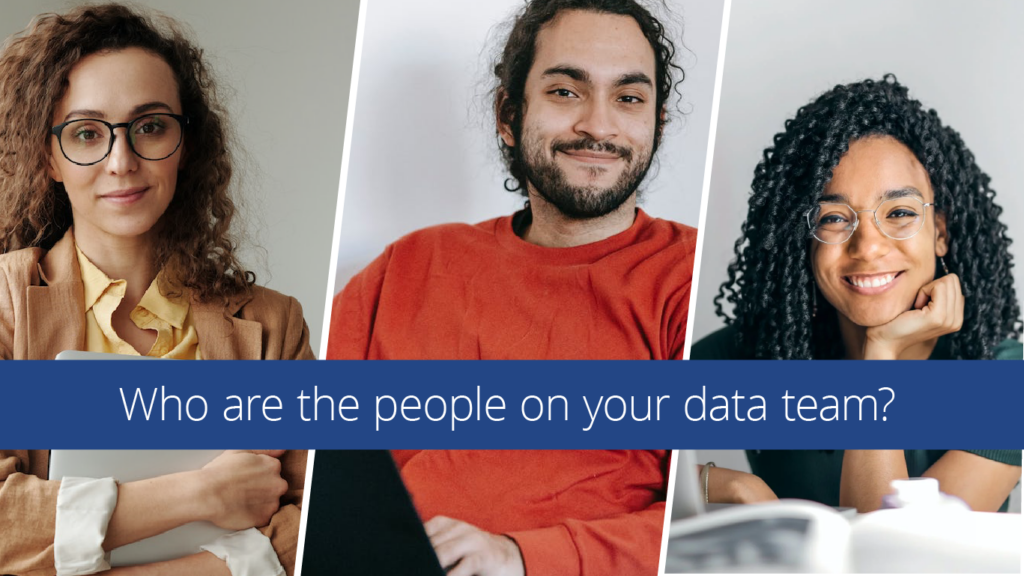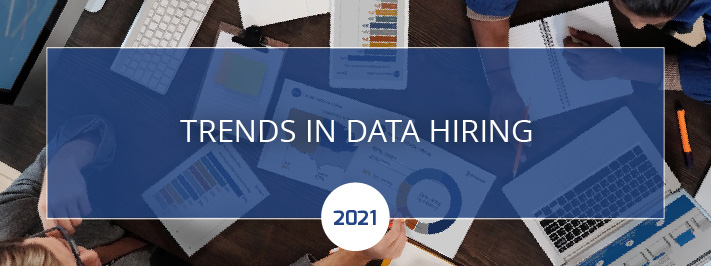LinkedIn Recruiting Tips, Part 2: How to Connect with Candidates on LinkedIn
Over the years, our data talent recruiting team here at Dataspace has honed our technique for finding and connecting with the best possible data science candidates to meet our client’s needs. As LinkedIn has grown […]
LinkedIn Recruiting Tips, Part 2: How to Connect with Candidates on LinkedIn Read More

